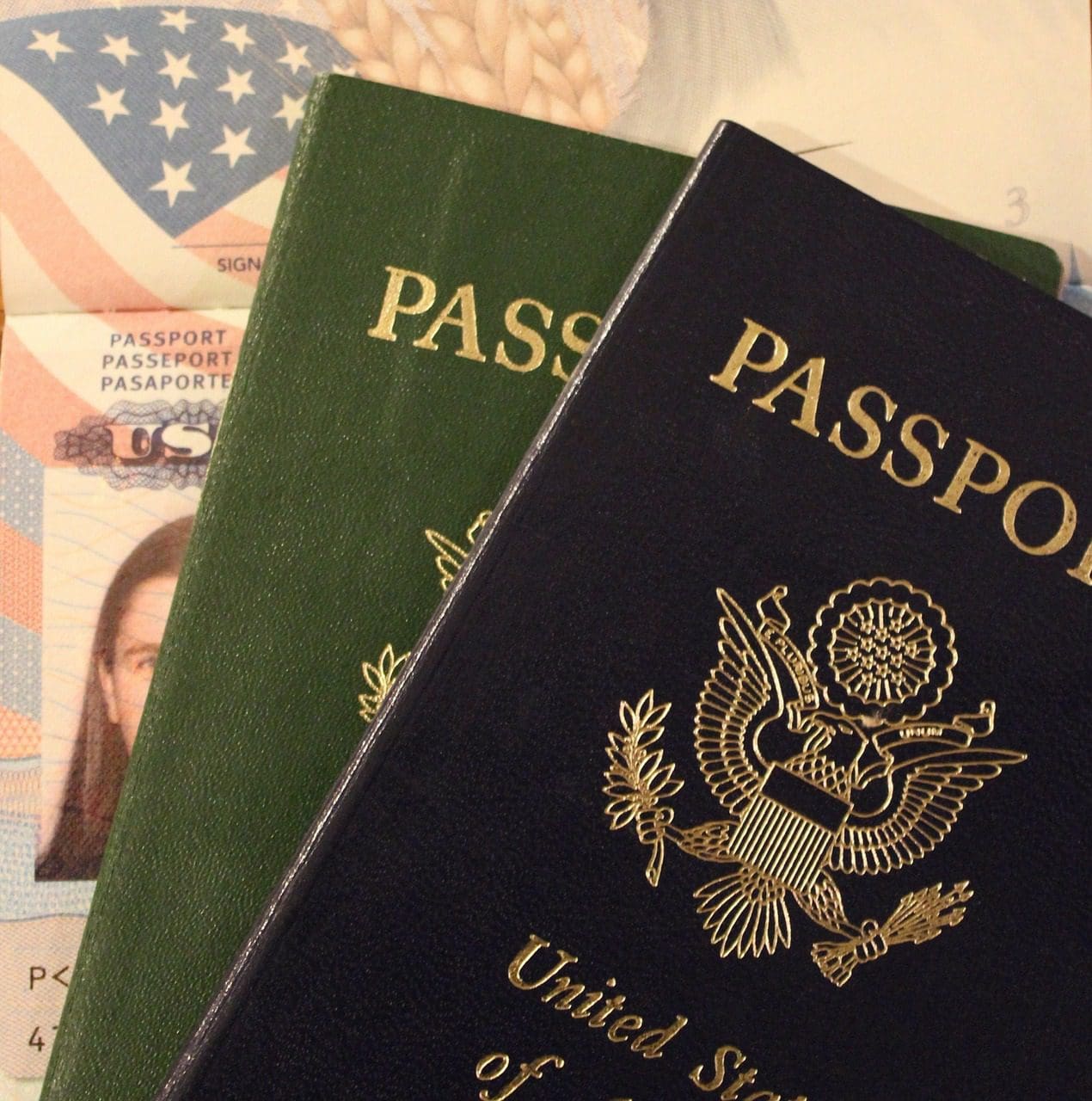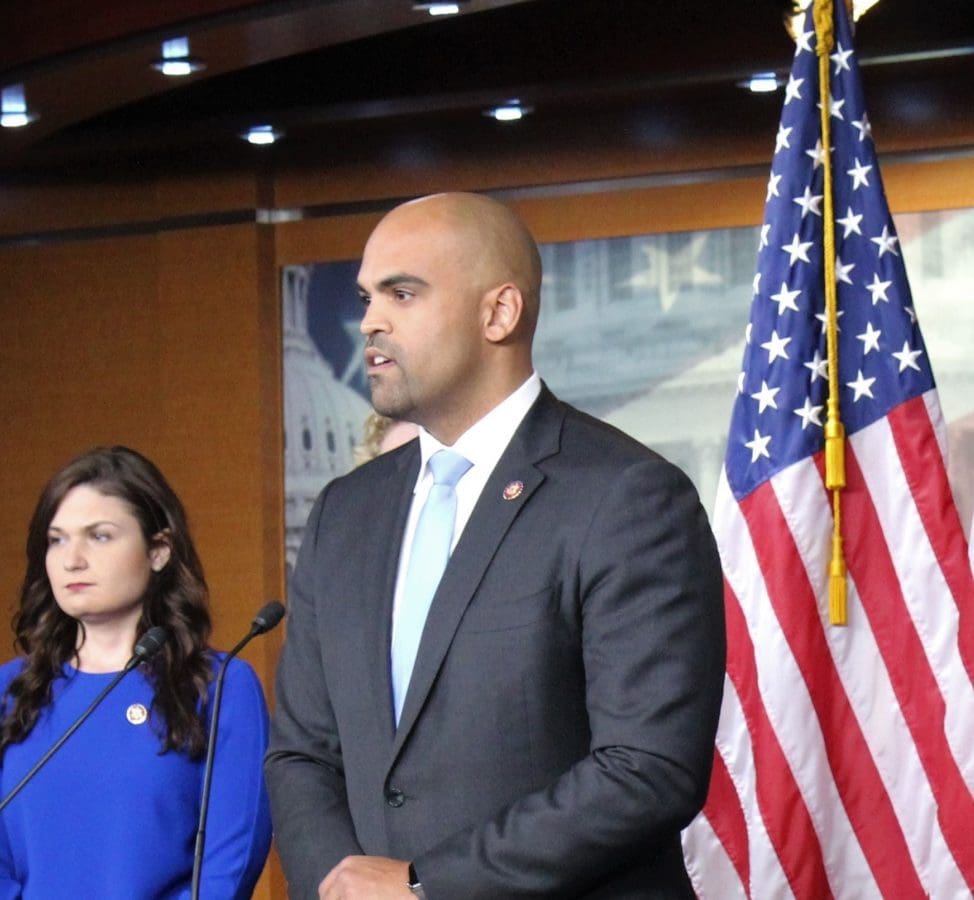A federal appellate court ruled Wednesday that a state law requiring documentary proof of citizenship for voter registration cannot be enforced, affirming lower court decisions that the law is unconstitutional and preempted by federal statute.
Judges with the U.S. 10th Circuit Court of Appeals issued the ruling in consolidated appeals of two cases. Both challenged a 2011 Kansas law requiring applicants to show they are U.S. citizens before being added to the state’s voter rolls.
The courts found Kansas didn’t provide enough evidence of noncitizen voter fraud to justify the burden imposed on citizens’ right to vote.
Wednesday’s opinion upheld district court findings that the state’s documentary proof of citizenship (DPOC) requirement is preempted by Section 5 of the National Voter Registration Act, also known as the motor voter law, and violates the 14th Amendment’s Equal Protection Clause.
The ruling means Kansas and other states covered by the 10th Circuit (Colorado, New Mexico, Oklahoma, Utah, and Wyoming) must rely on the current honor system in which voter applicants simply check a box attesting they are a U.S. citizen.
The decision does not impact any state efforts to verify voters’ citizenship after they register.
Only four states—Arizona, Alabama, Georgia, and Kansas—have passed laws requiring documentary proof of citizenship for voter registration.
Background and Legal Arguments
Kansas passed the Secure and Fair Elections (SAFE) Act in 2011 with overwhelming bipartisan support. In addition to proof of citizenship, the law required voters to show photo ID when voting in person and to provide an ID number and have their signature verified if voting by mail ballot.
In 2013, the U.S. Supreme Court ruled Arizona’s proof-of-citizenship law, passed by popular referendum in 2004, was pre-empted by the NVRA but said states could ask the U.S. Election Assistance Commission to amend the federal voter registration form to require DPOC.
Kansas and Arizona did just that, asking the EAC to modify the federal form’s state-specific instructions to include proof of citizenship.
In 2014, the 10th Circuit ruled against Kansas and Arizona. Overturning a district court decision, the appellate court sided with the League of Women Voters and other plaintiffs, ruling states can’t require DPOC as part of the federal voter registration application form.
The states appealed, but the U.S. Supreme Court declined to hear the case.
In 2016, plaintiffs including the League of Women Voters and several Kansans filed lawsuits challenging the SAFE Act’s proof-of-citizenship provision. They claimed Kansas’ law had blocked over 30,000 people from getting registered to vote. About half were motor-voter applicants.
Kansas argued the state has a compelling interest to protect against voter fraud by preventing ineligible noncitizens from registering and voting. It’s a state and federal crime for noncitizens to register or vote in American elections.
The courts found Kansas didn’t provide sufficient evidence to justify the burden imposed on citizens’ right to vote by the DPOC requirement:
“[T]he district court found essentially no evidence that the integrity of Kansas’s electoral process had been threatened, that the registration of ineligible voters had caused voter rolls to be inaccurate, or that voter fraud had occurred.”
The appellate judges said Kansas “failed to show that a substantial number of noncitizens successfully registered to vote,” meaning the state couldn’t justify requiring more proof of citizenship than the NVRA-mandated checkbox. The district court found only 39 noncitizens “successfully registered to vote despite the attestation requirement.”
The judges also agreed with the lower court that the state’s legitimate interests in making sure only eligible voters vote in its elections “are insufficiently weighty to justify the limitations on the right to vote” imposed by the Kansas law:
“[T]he district court here balanced the burdens imposed by the DPOC requirement against the state’s interests in preventing noncitizen voter registration, maintaining accurate voter rolls, and maintaining confidence in elections. The court concluded that ‘the magnitude of potentially disenfranchised voters impacted by the DPOC law and its enforcement scheme cannot be justified by the scant evidence of noncitizen voter fraud before and after the law was passed, by the need to ensure the voter rolls are accurate, or by the State’s interest in promoting public confidence in elections.’”
Implications for Texas
Texas Attorney General Ken Paxton filed an amicus brief along with several other states in support of Kansas’ citizenship verification law.
Like other states, Texas doesn’t verify applicants’ citizenship before registering them to vote.
But in 2011, the Texas Legislature passed a law requiring driver’s license and state ID applicants to show proof of lawful presence, in compliance with the federal REAL ID Act of 2005, and the Texas Department of Public Safety began issuing REAL ID-compliant licenses in 2016.
In 2013, lawmakers passed legislation authorizing the Texas Secretary of State to compare voter rolls with DPS data to identify possible ineligible noncitizens on the state’s voter rolls.
When the state finally implemented the data cross-checks in early 2019, the SOS found 95,000 individuals identified in the Texas DPS database as non-U.S. citizens had registered to vote in Texas, and 58,000 had voted in one or more Texas elections over the past 20 years.
But DPS admitted it made mistakes that included about 25,000 naturalized citizens in the initial data provided to SOS.
Though the SOS Elections Division quickly recognized the error, a federal lawsuit filed by the League of United Latin American Citizens (LULAC) left the state and counties to sort through the thousands of remaining flagged voters without communicating with them—the easiest way to clear up the confusion.
Under the new verification procedures, the SOS sends county voter registrars “only the matching records of individuals who registered to vote before identifying themselves as non-U.S. citizens to DPS” when applying for a license or ID.
SOS Elections Director Keith Ingram noted in an advisory to county voter registrars the district court’s order allows local officials to “continue to find out if in fact someone is registered who is not a citizen, so long as it is done without communicating directly with any particular individual on the list.”
But local voter registration officials are not required by state law to follow up on the DPS citizenship data provided by the SOS. And the process does not identify noncitizen voters—lawful residents or illegal aliens—whose voter registration records are not associated with a DPS-issued ID.
Voter Registration and Voter ID
According to the National Conference of State Legislatures, voters in 16 states and D.C. can cast a ballot in person on Election Day without showing any form of identification.
Texas enacted its original photo voter ID law in 2011. The law was considered “strict” because it specified a narrow range of accepted documents—all of which were issued by the federal or state government and verified citizenship. That made the law a backend safeguard to keep ineligible noncitizens incorrectly added to voter rolls from voting in-person in Texas elections.
The law was challenged in court by Democrats and left-wing organizations but ultimately upheld after the legislature added a provision to the law in 2017 that lets voters without an accepted form of ID vote a regular ballot if they sign an affidavit and show other identification.
Yet Texas’ voter ID requirement never applied to mail-in ballots, as the Kansas SAFE Act does—a loophole that takes on more significance as mail-ballot voting becomes more prevalent.
With a greater emphasis on voting by mail in the wake of the coronavirus outbreak, there is an even greater chance for weaknesses in the voting process in Texas and elsewhere to allow ineligible voters to participate in our elections.





